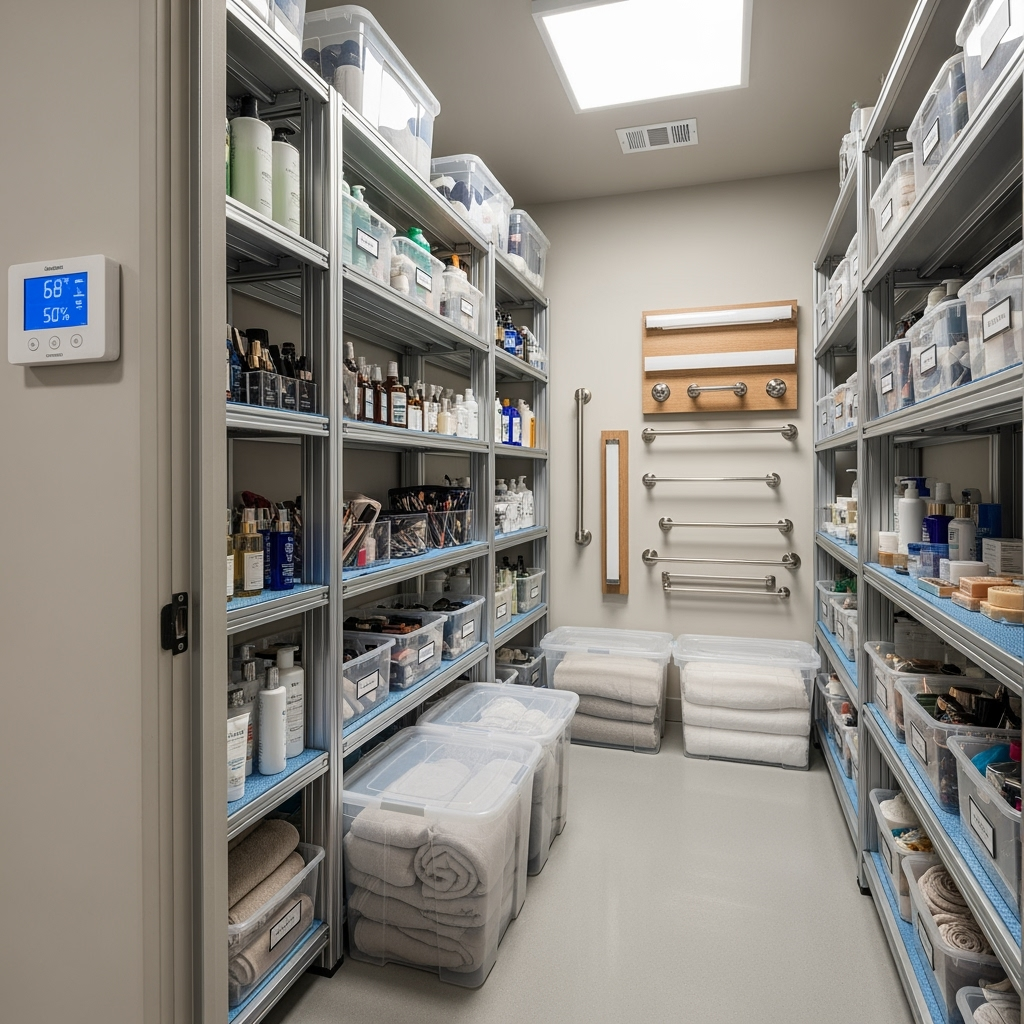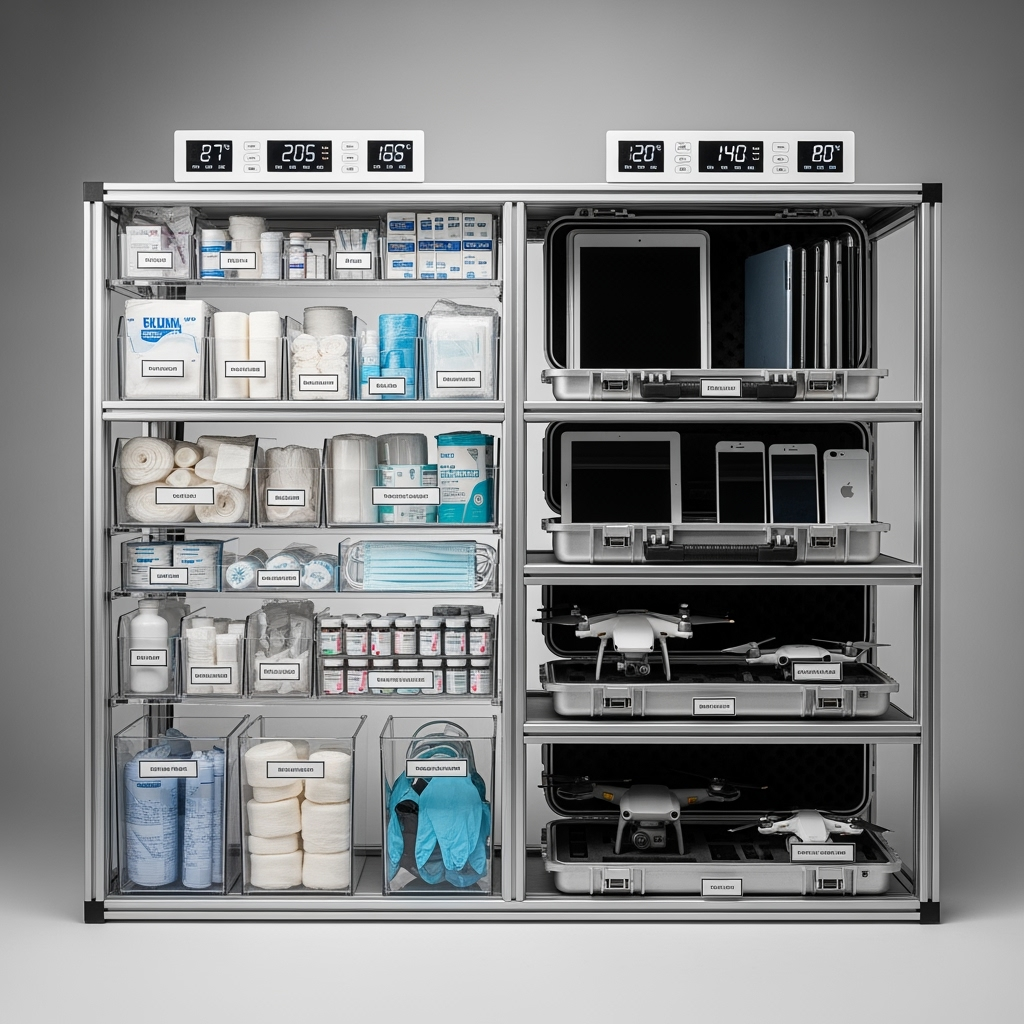The Challenge of First-Time Home Buying Documentation
Securing your first mortgage and purchasing a home involves an overwhelming amount of paperwork. From pre-approval documents to closing statements, keeping track of everything can be daunting. This guide will help you create an organized system for managing and storing these crucial documents throughout your home-buying journey.
Essential Documents to Organize and Store
Before diving into storage solutions, let’s identify the key documents you’ll need to maintain:
- Mortgage pre-approval letters
- Bank statements (typically last 2-3 months)
- Tax returns (last 2-3 years)
- W-2s and pay stubs
- Credit reports and scores
- Property inspection reports
- Purchase agreements
- Insurance documents
- Closing disclosure statements
Creating a Secure Storage System
Establish a reliable system for organizing these documents that combines accessibility with security:
1. Digital Document Management
Create a dedicated folder structure on your computer with clear categories:
- Financial Documents
- Property Information
- Insurance Papers
- Correspondence
- Closing Documents
2. Physical Document Organization
Use a sturdy filing system with clearly labeled sections. Consider color-coding for quick reference:
- Red: Urgent/Immediate Action Required
- Blue: Financial Documents
- Green: Property Information
- Yellow: Insurance and Legal Documents
Secure Storage Solutions for Sensitive Documents
Protect your valuable mortgage documentation with these storage options:
1. Climate-Controlled Storage Units
Consider using a climate-controlled storage unit for important physical documents. These units offer:
- Protection from moisture and humidity
- Temperature regulation to prevent document degradation
- Additional security features
- Accessibility when needed
2. Home Storage Solutions
For documents you need regular access to, invest in:
- Fireproof document safe
- Moisture-resistant document boxes
- Quality filing cabinets
- Secure document organizers
Timeline-Based Organization
Organize your documents according to the home-buying timeline:
Pre-Approval Phase
- Credit documentation
- Income verification
- Asset statements
House Hunting Phase
- Property listings
- Inspection reports
- Market comparisons
Closing Phase
- Purchase agreement
- Final loan documents
- Closing disclosure
- Title documentation
Digital Security Best Practices
Protect your digital mortgage documents with these security measures:
- Use strong encryption for digital files
- Implement secure password protection
- Create regular backups
- Use secure cloud storage services
- Enable two-factor authentication
Long-Term Storage Considerations
After closing, maintain important documents for future reference:
- Keep digital copies of all final documents
- Store original closing documents in a secure location
- Maintain a document inventory list
- Review and update storage systems annually
Quick Access Organization Tips
Create an efficient system for accessing frequently needed documents:
- Use a document summary sheet
- Create a quick-reference guide
- Maintain a contact list of key professionals
- Keep digital copies on your smartphone
Emergency Preparedness
Prepare for unexpected situations by:
- Creating multiple copies of crucial documents
- Storing copies in different locations
- Maintaining a digital backup system
- Sharing access with trusted family members
Post-Purchase Organization
After completing your purchase, organize your documents for future reference:
- Create a home maintenance file
- Organize warranty information
- Set up a system for tracking mortgage payments
- Store property tax information
Conclusion
Proper document storage and organization during the mortgage process can significantly reduce stress and ensure a smooth home-buying experience. By implementing these storage solutions and organizational strategies, you’ll have peace of mind knowing your important documents are secure and easily accessible when needed.










Leave a Reply